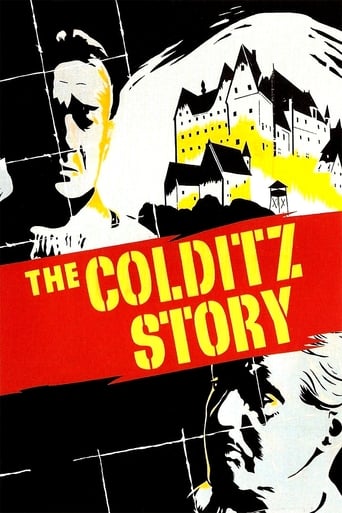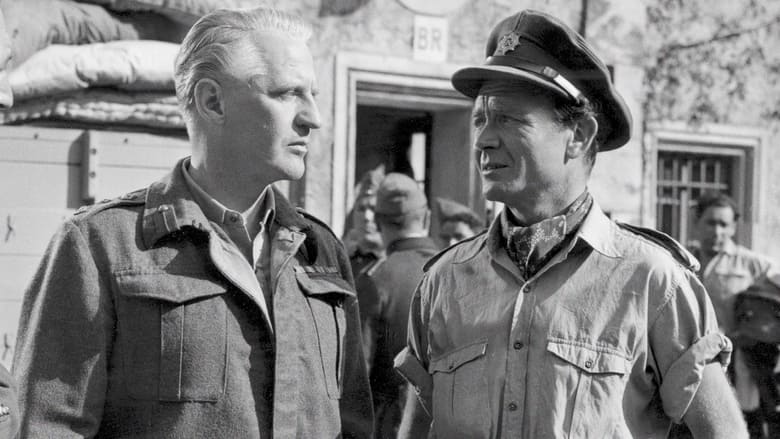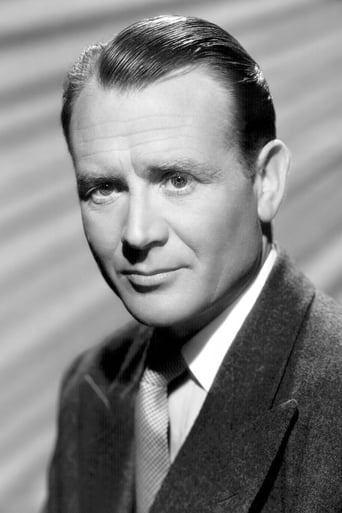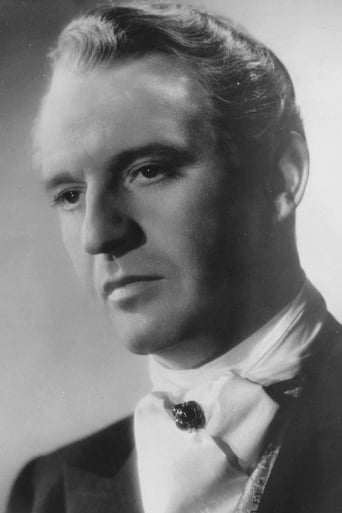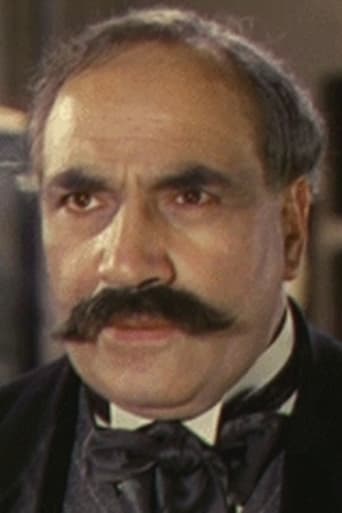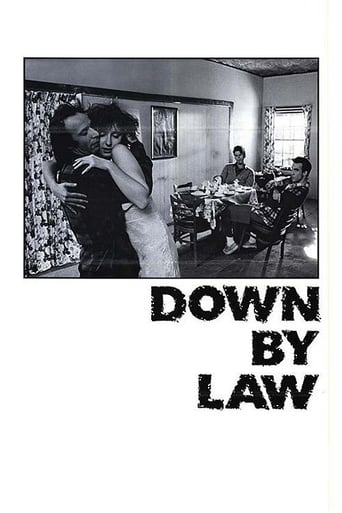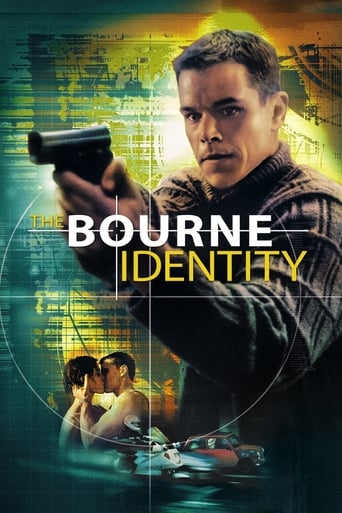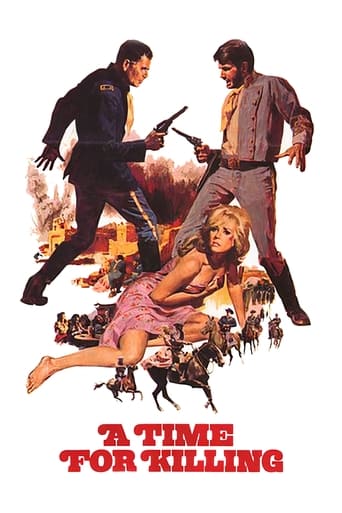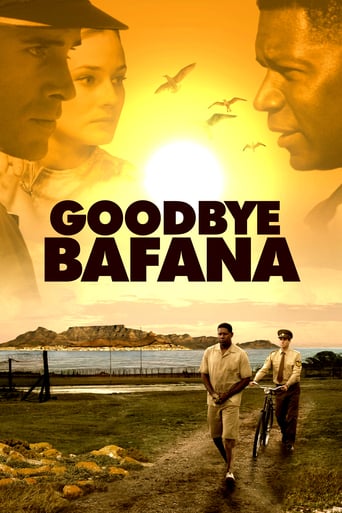The Colditz Story (1955)
Allied prisoners of various nationalities pool their resources to plan numerous escapes from an "escape-proof" German P.O.W. camp housed in a Medieval castle.
Watch Trailer
Cast
Similar titles
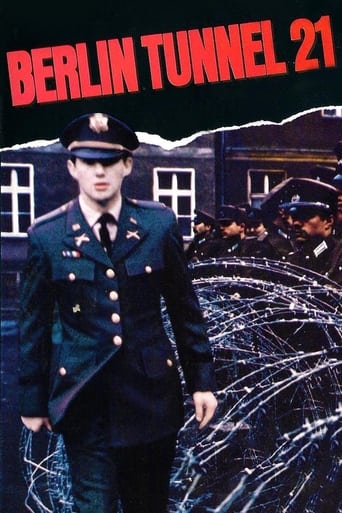
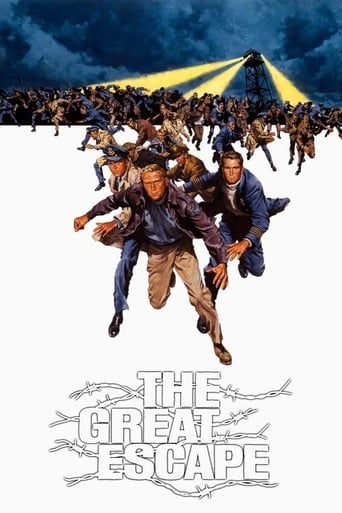
Reviews
Very very predictable, including the post credit scene !!!
Thanks for the memories!
Blistering performances.
An old-fashioned movie made with new-fashioned finesse.
Guy Hamilton directs and co-adapts the screenplay with Ivan Foxwell from the P.R. Reid novel of the same name. A story based on actual facts, it stars John Mills, Lionel Jeffries, Bryan Forbes, Anton Diffring, Richard Wattis, Ian Carmichael and Eric Portman. Music is by Francis Chagrin and cinematography by Gordon Dines. The story essentially follows the repeated escape attempts by allied prisoners held at Colditz Castle. It shows the hard luck stories, the bonds that are formed between the men, the regime and day to day life they lived by, and of course it builds to the historical finale. It's structured with great balance by the makers, who manage to wring out a number of tense sequences whilst also ensuring that humour shines brightly. It gives the pic the requisite feel of stiff upper lippery, imbuing the characters with justifiable heroism in the face of being a POW, which all told plays as inspirational stuff. Acted with aplomb by a notable cast, this delightful pic harks back to a a grand time of British film making, while simultaneously doffing its cap towards the real life allied soldiers who wound up in war prison establishments. 8/10
No reflection on the men involved in these historical incidents but this is a pretty routine story of a jolly group of Polish, British, French, and Dutch prisoners of war assigned to Colditz prison because they've so persistently tried to escape in the past.It belongs to a genre that includes "One Who Got Away" and virtually limitless others, the best known of which is probably "The Great Escape." It has most of the characteristics of the genre. There is the bluff but fundamentally decent German in command. There is the stern, handsome Unteroffizier, Anton Differing, always reliable in his limited range. There is the spy among the prisoners (cf., "Stalag 17"). The scrounging of goods. The fat, bumbling German in charge. The stage play that distracts the cadre. The comic scene in which one tunnel collapses upon another. There's not much blood and no sadism. The characters are stereotypes, but not like those of the early war years.There is no problem with either the direction or the performances. All are up to professional par. It's the script. It's disjointed and vague, as much character-driven as plot-driven. There's a certain carelessness evident in the writing. When the Polish tunnel collapses into the British tunnel, there is no preparation for the scene. Of course the sudden intrusion of the Polish tunneler must come as a surprise in order to have any comic impact, and it does. But why are the British tunneling immediately underneath the Polish tunnel? Why did they choose the route they did? What is the secret under the boards of the stage? We never find out.It's not dull and not uninteresting but it seems to go nowhere. The most engaging scenes are adventitious -- the Guardsmen doing some close order drill, for instance. Not uninteresting but not inventive enough to attract much attention.
The Colditz Story was one of a number of movies the British made during the Fifties which relived the victories and bravery of their armed services during WWII. Often these movies starred John Mills. The Colditz Story is based on fact. Colditz Castle in Germany was used to imprison the most incorrigible prisoners-of-war, those who persistently made escape attempts. British, French, Polish and Dutch officers were sent there. Unfortunately for the Germans, they wound up trying to keep inside men dedicated to escaping, and who had skills they now could share. The result was that more prisoners of war escaped from Colditz than from any other prisoner of war camp in either the First or Second World Wars. The movie is based on the memoirs of Pat Reid (John Mills), who served as an escape officer at Colditz and then was one of the first to break out and make it back to England. While the movie is a bit dated, it also is a dramatic and efficient telling of escape attempts, ruses played against the German captors and, of course, of the unfailing courage and good spirits of the British officers. Take the film for what it is, a demonstration for British audiences of the pluck and courage of their military during a horrendously threatening war which they won, and you won't be disappointed. If you're fond of old British movies, you'll recognize, among others, Eric Portman, Lionel Jeffries, Bryan Forbes and Ian Carmichael.
Before The Great Escape, there was this Pow (Prisoner of War) escape film based on true events, from director Guy Hamilton (Goldfinger, Live and Let Die). The story sees many soldiers from Britain, France, Poland and other countries involved in World War II placed into Colditz castle, used by Nazis to hold the "bad boys", those who regularly attempted escape from other camps. There are more guards outnumbering the prisoners, and some were political with very strict monitoring. Anyway, the story sees Pat Reid (Sir John Mills) creating all sorts of escape routes and plans, including a tunnel, under the theatre stage, jumping over the fence, and dressing as Nazis, and these are what keep you interested. Also starring Eric Portman as Colonel Richmond, Christopher Rhodes as 'Mac' McGill, Lionel Jeffries as Harry Tyler,Frederick Valk as Kommandant, Bryan Forbes as Jimmy Winslow, Ian Carmichael as Robin Cartwright, Anton Diffring as Fischer and Ludwik Lawinski as Franz Josef. It was nominated the BAFTAs for Best British Film and Best Film from any Source. Sir John Mills was number 38 on The 50 Greatest British Actors, and the film was number 94 on The 100 Greatest War Films. Very good!
